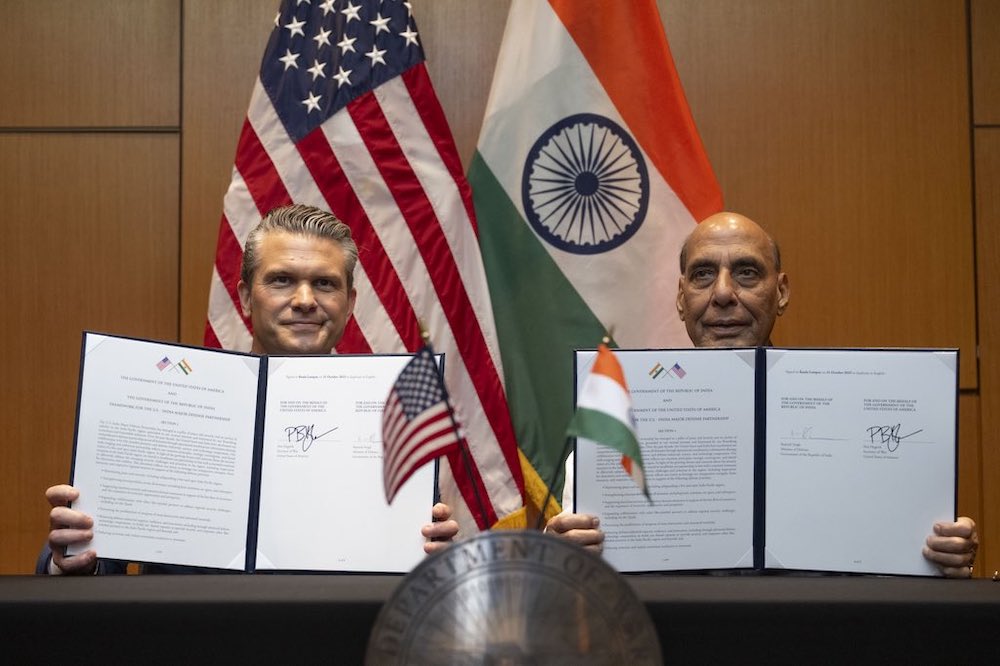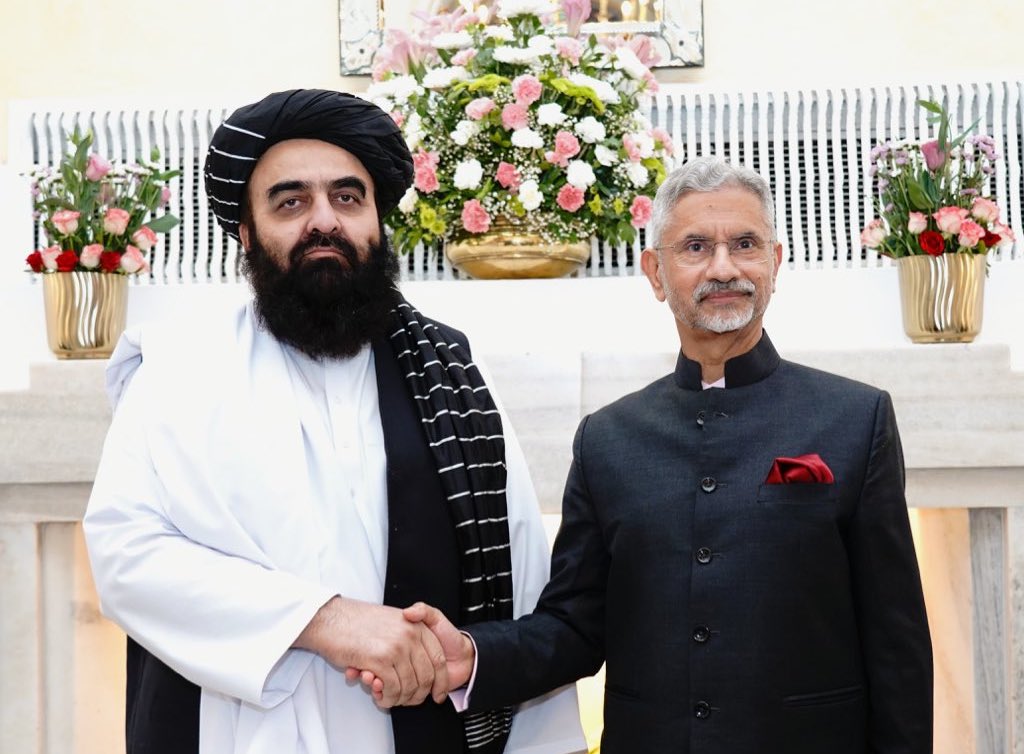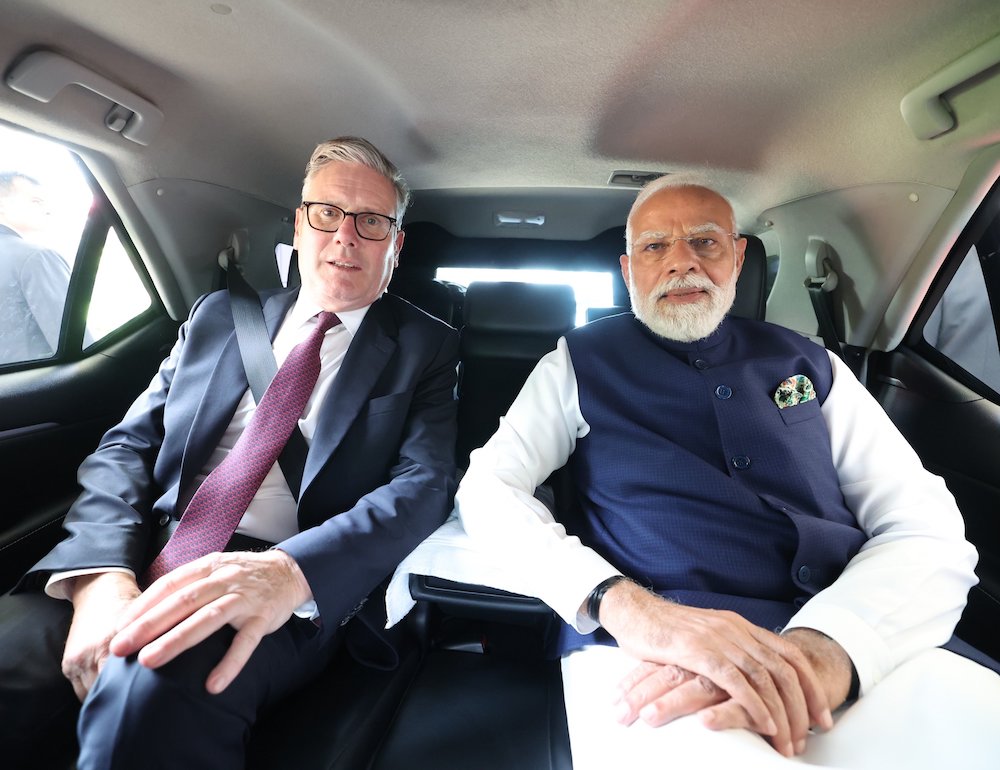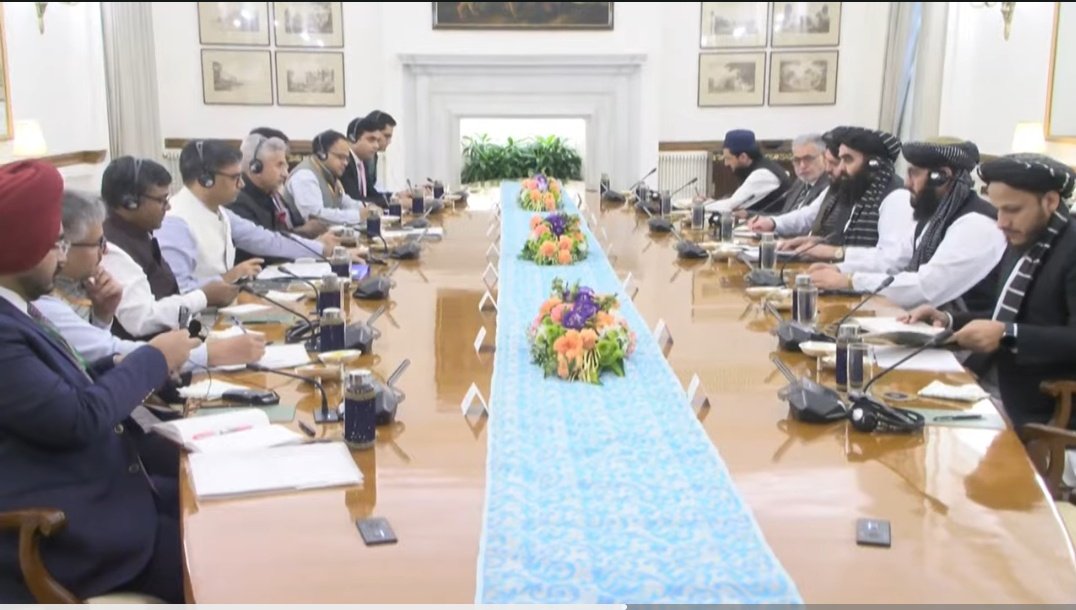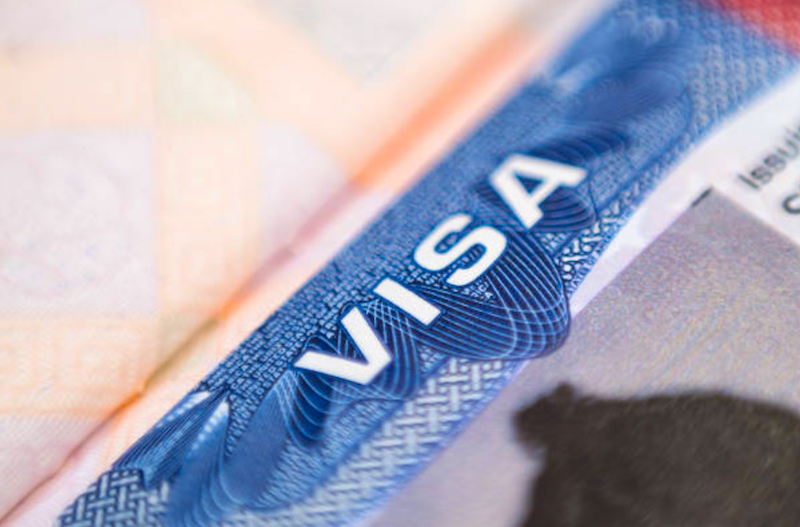
New Delhi: India and the United States on Tuesday held their third “2+2 Ministerial Dialogue”, focusing on Indo-Pacific region, maritime security, Afghanistan peace process and counterterrorism. The Indian team was led by the defence minister, Rajnath Singh, and the foreign minister, S Jaishankar. The US team comprised of the US secretary of state, Michael Pompeo, and the US secretary of defence, Mark T Esper.
During the dialogue, Jaishankar said, “The 2+2 dialogue has a political-military agenda that underlines our close bilateral relationship. Our national security convergences have obviously grown in a more multi-polar world. We meet today to not only advance our own interests but to ensure that our bilateral cooperation makes a positive contribution in the world arena.”
“We are also committed to addressing together global issues ranging from HADR situations to maritime security and counterterrorism,” he said.
During the discussions, the two sides also held talks on developments in the neighbouring countries.
“We made clear that cross-border terrorism is completely unacceptable,” he said.
On Afghanistan, the minister said, “India’s stakes in its security and stability are evident, as is our willingness to contribute to international efforts to that end.”
Besides, the ministers also shared their experiences in responding to the Covid-19 challenge.
Jaishankar further added that “the facilitation of travel even during the pandemic was very commendable. Today, our collaboration concentrates more on the domains of vaccine and testing that are so central to the return of normalcy.”
“We are also committed to creating more trusted and resilient global supply chains. An India that is now focussed on recovery, resilience and reform welcomes an expanded partnership with the United States,” he said.
On Indo-Pacific region, Jaishankar said, “We reiterated the importance of peace, stability and prosperity for all countries in this region. As the raksha mantri (defence minister) stated, this is possible only by upholding the rules based international order, ensuring the freedom of navigation in the international seas, promoting open connectivity and respecting the territorial integrity and sovereignty of all states.”
A multi-polar world must have a multi-polar Asia as its basis, he added.






